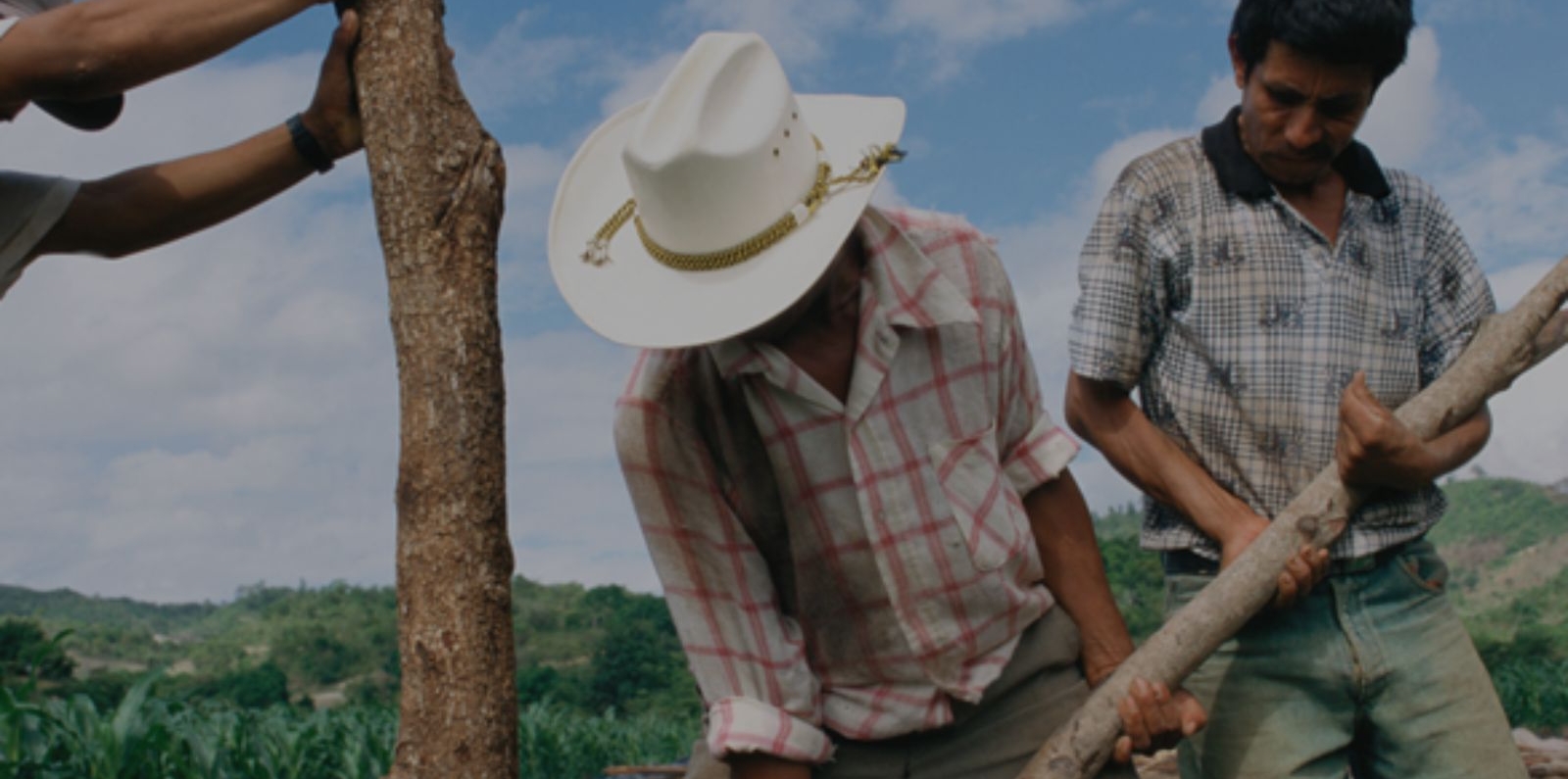About the Project
More than half of Hondurans live below the national poverty line of US$2.30 a day, with 46% living in extreme poverty below US$1.81 a day. About half of the population is rural and accounts for 70% of the country’s poverty. 72% percent of agricultural families are dedicated to subsistence agriculture on small plots of land and the agriculture sector generates 38% of all employment and the majority of rural employment, yet the country is highly dependent on imports for its food needs. It is estimated that one in four children is undernourished and stunted. Agriculture productivity is low and vulnerable to external risks. And, Honduras has consistently been identified as one of the countries most affected by climate change, with more than 60 instances of extreme weather events over the past two decades.
ACS-PROSASUR enhances the food and nutrition security of vulnerable households in select geographical locations in the Corredor Seco (dry corridor) of Honduras’s western and southern areas, where rural poverty is concentrated. The project increases household availability of quality food and incomes of poor rural residents as a basis for improving nutrition and reducing child stunting. The project also supports community child health and nutrition by focusing on access to diverse and quality foods, improved nutrition-related behavior, child growth monitoring, and improved hygiene at the household level. Activities include designing financially viable business plans and incremental food security plans to support small-scale rural producer organizations and small enterprises. This includes carrying out technical assistance, training, and extension services to increase food and agricultural production; introducing high-value crops, processing, and post-harvest processes; and expanding non-farm revenue generation and market links through on- and off-farm jobs. Investments to ensure food security for the production of high-value crops are based on climate-smart initiatives intended to promote sustainability and adaptation.
Country
- Honduras
Project Status
ClosedFunding
Country-led projectSupervising entity
- World Bank
Call Year
2013GAFSP Funding Amount
30.00Results
ACS-PROSASUR has benefitted 61,010 people, 34% of them women, and has provided 53,800 days of extension services to farmers, community members, and other beneficiaries, of which 28,038 days were to women. As a result, 7,879 farmers have adopted the promoted technology, leading to productivity increases of 783.26 kilograms per hectare on average, surpassing the end of project target of 685 by 14%. The dietary diversity score in participating households signifies that 70% of participating households are consuming four food groups, indicating increased dietary diversity. Moreover, the project has financed 176 agricultural business plans, benefiting 2,533 households, of which 28% are women, and 105 non-agricultural business plans, benefiting 860 households.
Contact
Viviana Maria Eugenia Perego
vperego@worldbank.org
Melissa Brown
mbrown1@worldbank.org
